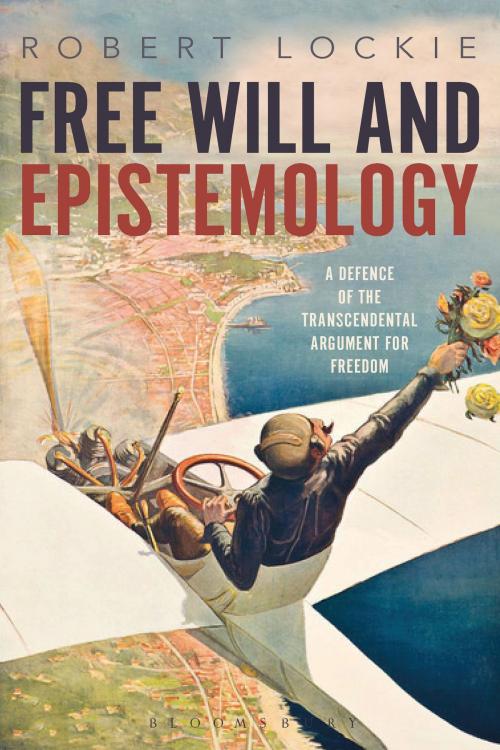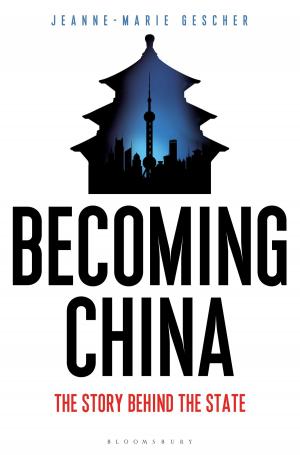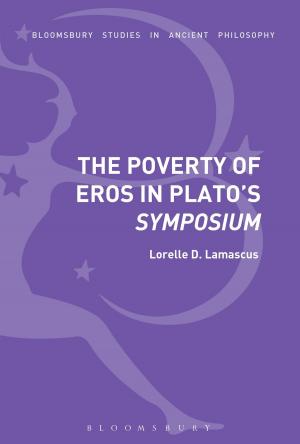Free Will and Epistemology
A Defence of the Transcendental Argument for Freedom
Nonfiction, Religion & Spirituality, Philosophy, Epistemology| Author: | Dr Robert Lockie | ISBN: | 9781350029064 |
| Publisher: | Bloomsbury Publishing | Publication: | January 11, 2018 |
| Imprint: | Bloomsbury Academic | Language: | English |
| Author: | Dr Robert Lockie |
| ISBN: | 9781350029064 |
| Publisher: | Bloomsbury Publishing |
| Publication: | January 11, 2018 |
| Imprint: | Bloomsbury Academic |
| Language: | English |
In the first in-depth study of the transcendental argument for decades, Free Will and Epistemology defends a modern version of the famous transcendental argument for free will: that we could not be justified in undermining a strong notion of free will, as a strong notion of free will is required for any such process of undermining to be itself epistemically justified.
By arguing for a conception of internalism that goes back to the early days of the internalist-externalist debates, it draws on work by Richard Foley, William Alston and Alvin Plantinga to explain the importance of epistemic deontology and its role in the transcendental argument. It expands on the principle that 'ought' implies 'can' and presents a strong case for a form of self-determination. With references to cases in the neuroscientific and cognitive-psychological literature, Free Will and Epistemology provides an original contribution to work on epistemic justification and the free will debate.
In the first in-depth study of the transcendental argument for decades, Free Will and Epistemology defends a modern version of the famous transcendental argument for free will: that we could not be justified in undermining a strong notion of free will, as a strong notion of free will is required for any such process of undermining to be itself epistemically justified.
By arguing for a conception of internalism that goes back to the early days of the internalist-externalist debates, it draws on work by Richard Foley, William Alston and Alvin Plantinga to explain the importance of epistemic deontology and its role in the transcendental argument. It expands on the principle that 'ought' implies 'can' and presents a strong case for a form of self-determination. With references to cases in the neuroscientific and cognitive-psychological literature, Free Will and Epistemology provides an original contribution to work on epistemic justification and the free will debate.















